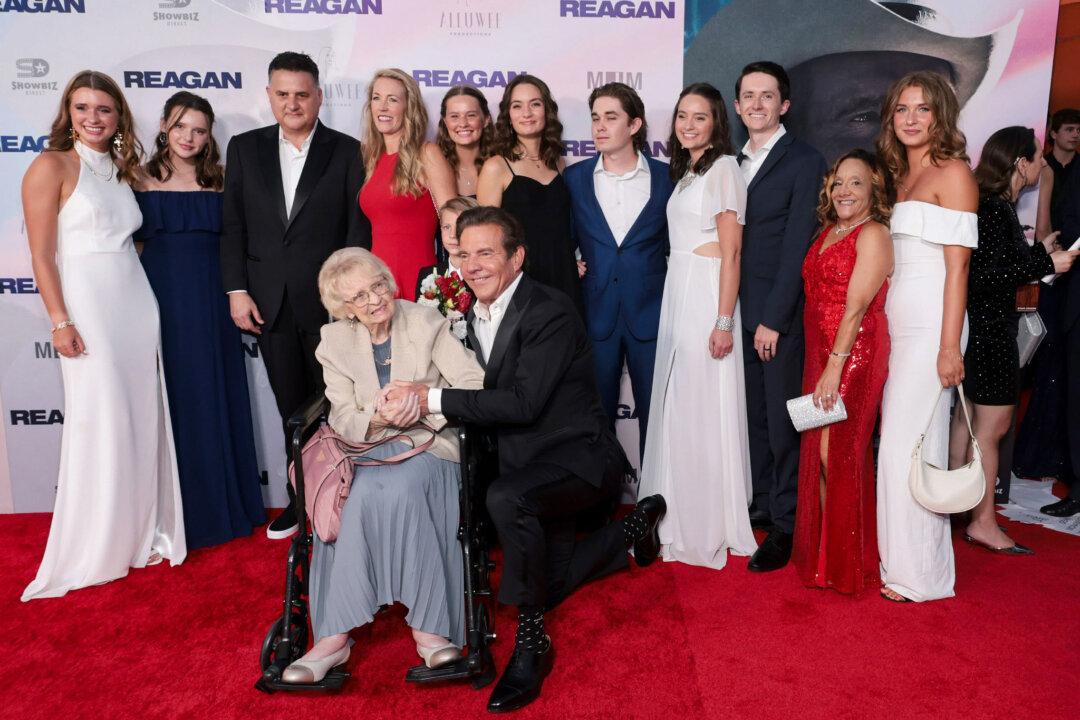Author George R. R. Martin, the writer behind the books that inspired the TV series “Game of Thrones” and “House of the Dragon,” has shared his views on the numerous adaptations of renowned literary works.
“Everywhere you look, there are more screenwriters and producers eager to take great stories and ’make them their own,'” Mr. Martin wrote.
Mr. Martin expressed his concerns, stating that the situation in Hollywood has deteriorated. He observed an increasing trend of filmmakers attempting to adapt beloved stories, often with the belief that they can improve upon them.
According to Mr. Martin, only about one in a thousand adaptations is truly successful. However, he praised FX’s “Shogun” series, believing that James Clavell, the author of the original novel, would have approved.
Mr. Martin commented: “It does not seem to matter whether the source material was written by Stan Lee, Charles Dickens, Ian Fleming, Roald Dahl, Ursula K. Le Guin, J.R.R. Tolkien, Mark Twain, Raymond Chandler, Jane Austen, or… well, anyone. No matter how major a writer it is, no matter how great the book, there always seems to be someone on hand who thinks he can do better, eager to take the story and ‘improve’ on it.
“‘The book is the book, the film is the film,’ they will tell you, as if they were saying something profound. Then they make the story their own.”
Emphasizing that most adaptations fail to enhance the original work, Mr. Martin continued, “They never make it better, though. Nine hundred ninety-nine times out of a thousand, they make it worse.”
Initially skeptical about the new “Shogun” series, Mr. Martin said he was pleasantly surprised. He admired Mr. Clavell’s novel and the 1980 miniseries adaptation and doubted that any new version could measure up. Yet, the FX adaptation won him over with its quality and faithfulness to the source material.
“The new Shogun is superb,” Martin declared. “Better than Chamberlain’s version, you ask? Hmmm, I don’t know. I have not watched the 1980 miniseries since, well, 1980. That one was great too. The fascinating thing is that while the old and new versions have some significant differences—the subtitles that make the Japanese dialogue intelligible to English-speaking viewers being the biggest—they are both faithful to the Clavell novel in their own way. ”
Mr. Martin urged viewers to judge for themselves, praising the acting, directing, set design, and costumes of the new series. He expressed hope that if “Shogun” is successful, the same team might tackle more of Mr. Clavell’s works.
Book to Film Adaptations
Film adaptations of books can be a hit-or-miss affair. Here are some examples of both successful and failed adaptations:Successful Adaptations:
“The Godfather” (1972)—Directed by Francis Ford Coppola, adapted from Mario Puzo’s novel, the film stays faithful to the book and the author assisted with the writing of the screenplay.
“To Kill a Mockingbird” (1962)—Harper Lee’s novel was brought to life with Gregory Peck’s iconic portrayal of Atticus Finch.
“Fight Club” (1999)—David Fincher’s adaptation received praise from the book’s author, Chuck Palahniuk, despite some changes made to the story.
Failed Adaptations:
“The Bonfire of the Vanities” (1990)—Despite the success of Tom Wolfe’s novel, the film adaptation was a critical and commercial failure. Grossing just $15 million domestically, which was well below its production budget of $47 million.
“The Scarlet Letter” (1995)—This adaptation of Nathaniel Hawthorne’s novel is regularly cited as one of the worst book adaptations ever made. It also failed at the box office grossing $35 million against its $46 million budget.







